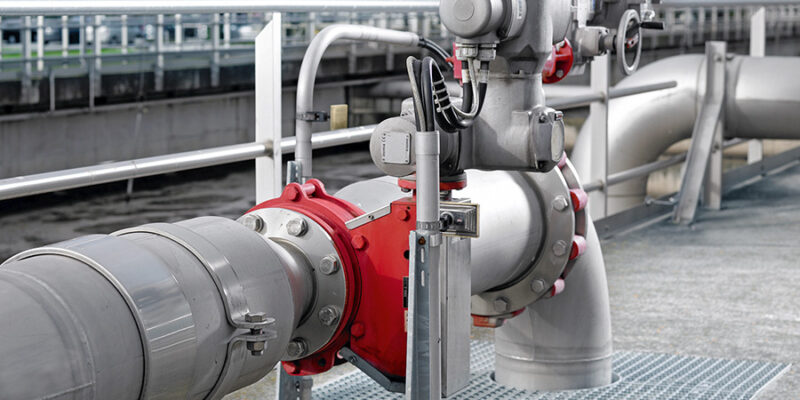In the world of industrial equipment, few machines are as vital yet overlooked as slurry pumps. These robust devices are designed to handle some of the toughest jobs imaginable—moving thick, abrasive mixtures of water, solids, and sometimes chemicals through pipes and systems with ease. From mining operations to wastewater treatment plants, slurry pumps are the unsung heroes that keep processes flowing smoothly. But what exactly are they, how do they work, and why are they so indispensable? Let’s dive in.
What Are Slurry Pumps?
At their core, slurry pumps UK are specialised pieces of equipment built to transport slurries—semi-liquid mixtures that can include anything from sand and gravel to coal dust or sewage. Unlike standard water pumps, which are designed for clean or lightly contaminated fluids, slurry pumps are engineered to cope with high levels of abrasion and viscosity. This makes them a go-to solution in industries where moving heavy, gritty materials is par for the course.
Slurries themselves vary widely. In mining, for instance, they might consist of water mixed with finely ground ore. In construction, they could be muddy runoff from a site. Whatever the makeup, slurry pumps are tough enough to handle it, often operating in harsh conditions where durability is non-negotiable.
How Do Slurry Pumps Work?
Slurry pumps operate on a similar principle to centrifugal pumps, using a rotating impeller to create the force needed to move fluid. However, their design is far more rugged. The impeller, casing, and other components are typically made from hard-wearing materials like high-chrome alloys or rubber to withstand the constant battering from abrasive particles. Some models even feature adjustable parts to maintain efficiency as wear occurs over time.
There are different types of slurry pumps to suit specific needs. Submersible slurry pumps, for example, are perfect for underwater tasks like dredging, while horizontal or vertical pumps might be used in processing plants. The key is their ability to keep slurries in suspension—preventing solids from settling and clogging the system—while pushing them along at a steady pace.
Why Are Slurry Pumps Essential?
Imagine a gold mine without a way to move ore-laden water, or a wastewater facility unable to shift thick sludge. Operations would grind to a halt. Slurry pumps solve these problems by offering reliability where it’s needed most. In the UK, where industries like quarrying, construction, and environmental management are big business, these pumps play a critical role in keeping projects on track.
Take mining as an example. Extracting minerals often involves crushing rock into fine particles, mixing it with water, and pumping it to a processing plant. Without slurry pumps, this simply wouldn’t be feasible on an industrial scale. Similarly, in construction, they’re used to manage runoff or shift wet concrete mixes, ensuring sites stay safe and productive.
Challenges and Innovations
Of course, slurry pumps aren’t without their challenges. The very nature of slurries means wear and tear is a constant concern. Over time, even the toughest materials can erode, leading to maintenance costs and downtime. Manufacturers are tackling this head-on with innovations like advanced coatings, modular designs for easy repairs, and smart monitoring systems that predict when parts need replacing.
Energy efficiency is another focus. Moving dense slurries takes power, and with rising energy costs, modern slurry pumps are being designed to do more with less. This not only cuts operational expenses but also aligns with growing demands for sustainable practices across UK industries.
Choosing the Right Slurry Pump
Selecting a slurry pump isn’t a one-size-fits-all decision. Factors like the type of slurry, flow rate, and distance it needs to travel all come into play. A pump that’s perfect for shifting light sediment in a quarry might struggle with the corrosive, heavy slurries found in chemical processing. Consulting with experts and understanding the specific demands of your operation is key to getting it right.
The Unsung Workhorse
Slurry pumps may not grab headlines, but their impact is undeniable. They’re the backbone of countless industrial processes, quietly powering through the muck to keep things moving. Next time you pass a construction site, a quarry, or even a sewage works, spare a thought for these mighty machines. In a world that relies on moving the unmovable, slurry pumps are the heavy lifters we can’t do without.













Comments